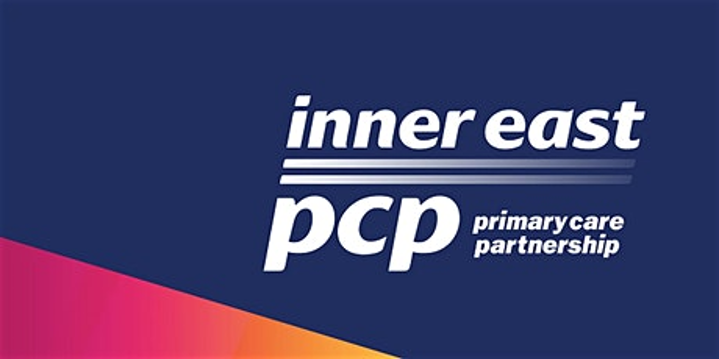Complexity & Evaluation Conference April 2019
I had the pleasure of being a co-convenor of this year’s evaluation and complexity conference along with Mark Cabaj and Kate McKegg hosted by Collaborate for Impact. The theme this year was “finding our way together”. We were particularly interested in participatory methods and Indigenous evaluation. The conference had two provocateurs – Skye, (who we are delighted has joined the Clear Horizon team) and Liz who provided questions and reflections at the end of each session from an Indigenous evaluation and adaptive leadership perspective respectively. There are lots of awesome resources here.
Zazie Tolmer from Clear Horizon, Mark Cabaj and Kate McKegg kicked off the conference with a plenary on what systems change is all about. They started with the cosmos and worked backwards. it was a rapid start into the subject matter and felt like we started where we left the conference last year. Next up was a presentation from the Kimberlie’s, Des and Christy introduced us to how a collective of Indigenous leaders – called Empowered Communities are approaching the work of systems change. They had some great resources to share.
I presented alongside Kerry Ferrance on “co-evaluation” sharing some of our latest thinking around a new take on participatory evaluation for systems change initiatives. We showcased the co-evaluation we conducted with GROW – a systems change initiative in Geelong that focuses on tackling disadvantage through mobilising local business to employ local workers. I was a bit nervous to be putting out there the idea and term co-evaluation for the first time, as I am shakily writing a book on this topic (I have some doubts as all shaky writers might understand). There was some really useful feedback, particularly that summative co-evaluation could offer an important contribution – especially when a systems change initiative has been mobilized from the community up – imposing an external evaluation on this sort of initiative can be particularly inappropriate, and here summative co-evaluation might serve as a great alternative.
Skye also worked with Nan Wehipeihana to produce a booklet on Indigenous evaluation.
Key takeaway messages and insights form the Clear Horizon team are:
· There is a growing interest and body of knowledge on evaluating systems change that weaves together working with power, participation and complexity.
· The role we hold as evaluators needs further exploration and defining – our roles often expand out to change makers, sense makers and complex space holders.
· As evaluators we want to disrupt systems and shift power too!
· Participatory evaluation isn’t necessarily a decolonising approach. Indigenous people have their own legitimate forms of evaluation that shouldn’t be discounted and are a valuable addition to the toolkit.
· Systems thinking a la Meadows, reminds us of the many elements that make up systems. This conference brought to light the many system ‘stocks’ that are traditionally ignored in particular Indigenous knowledge, ways of knowing, seeing and doing. Instead of being ‘capacity builders’ we need to become ‘capacity revealers’, to super charge the change effort.
· We often feel safe within structures and guiding processes, but perhaps more work needs to be done to safeguard ethical evaluative practice.
· Des and Christy reminded us of the importance of setting up early agreed governance arrangements and processes when working in system change efforts.
Skye will be sharing more of her reflections on the conference and the work she did with Nan in a coming blog. Watch this space for more on this topic.


